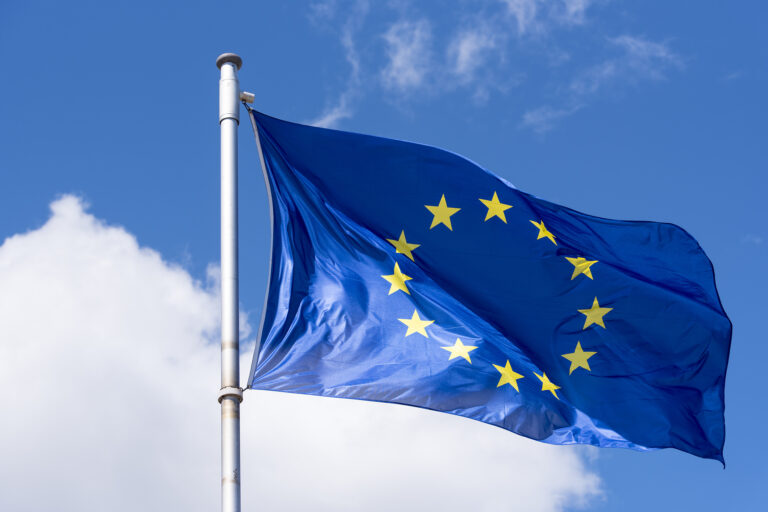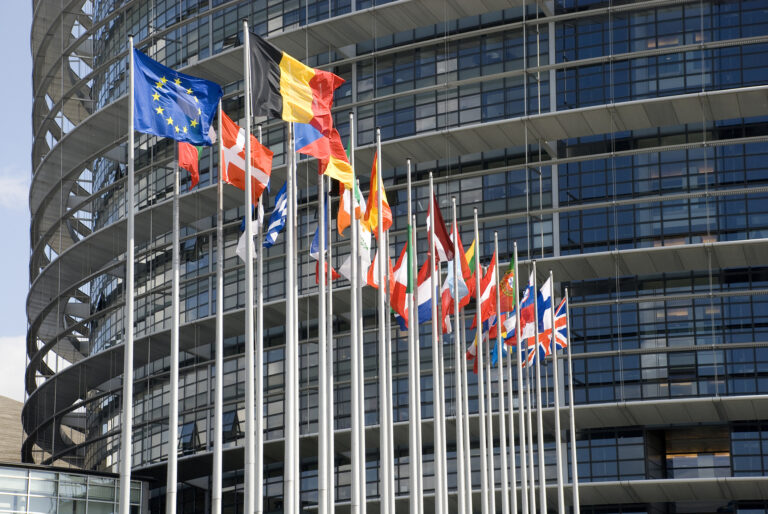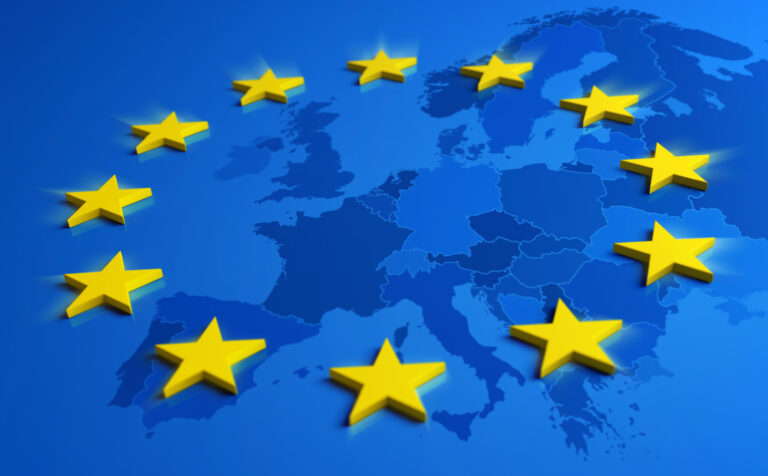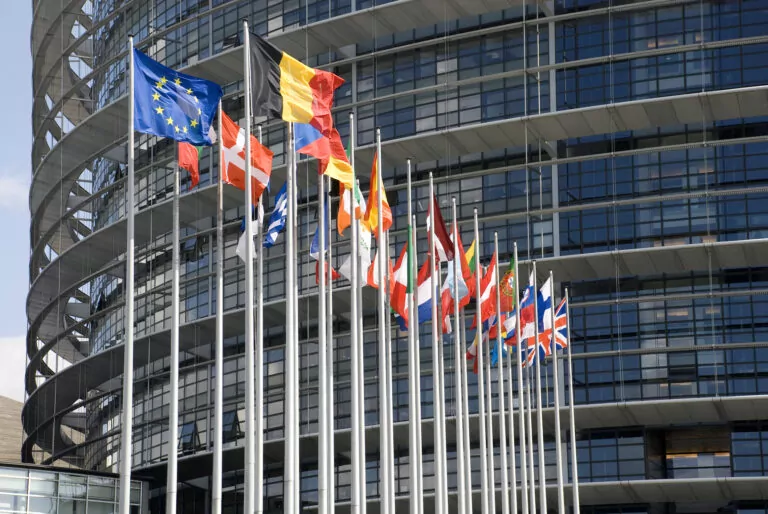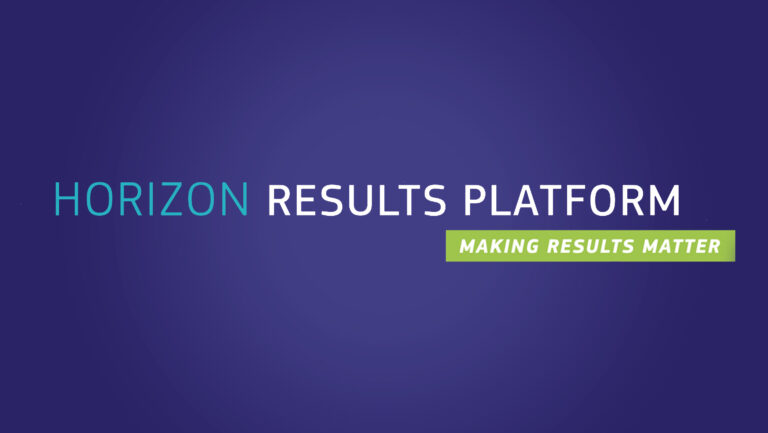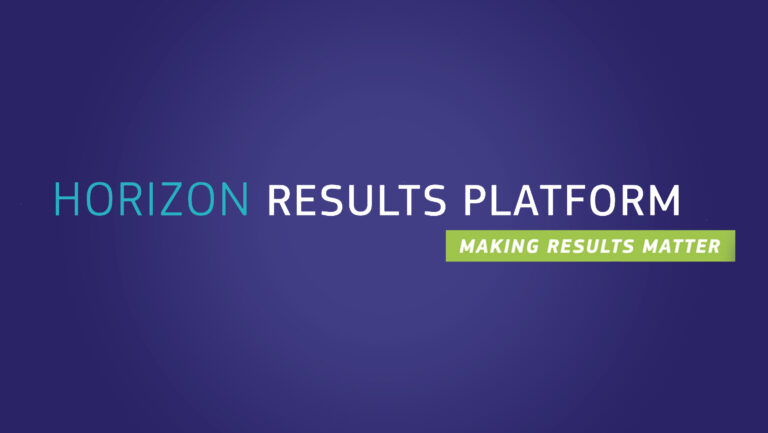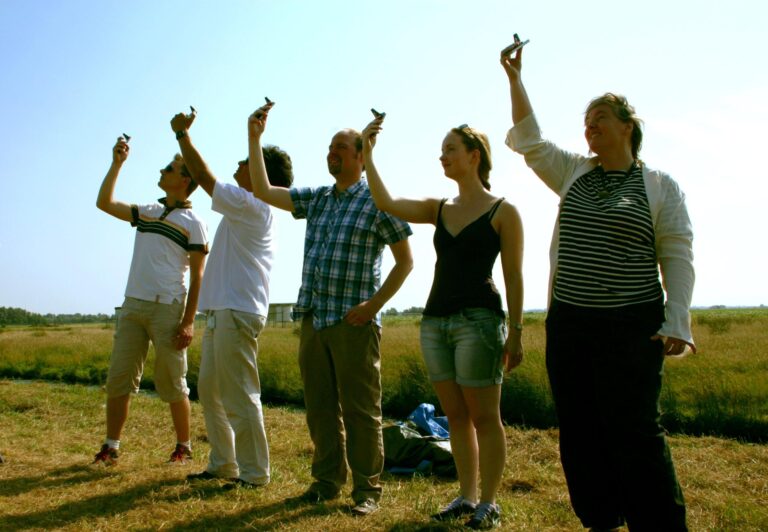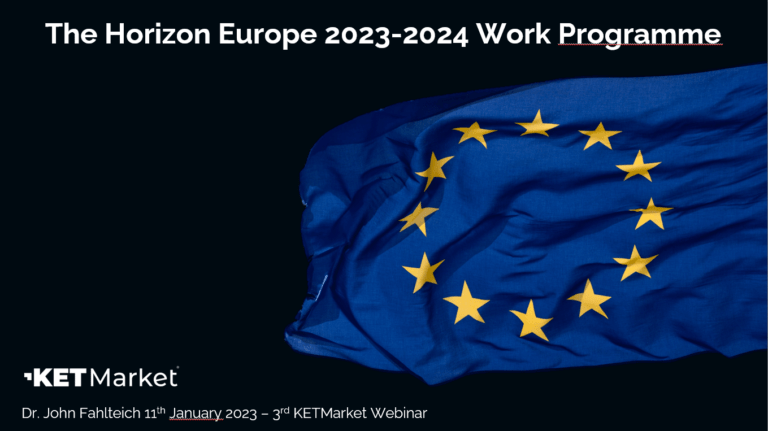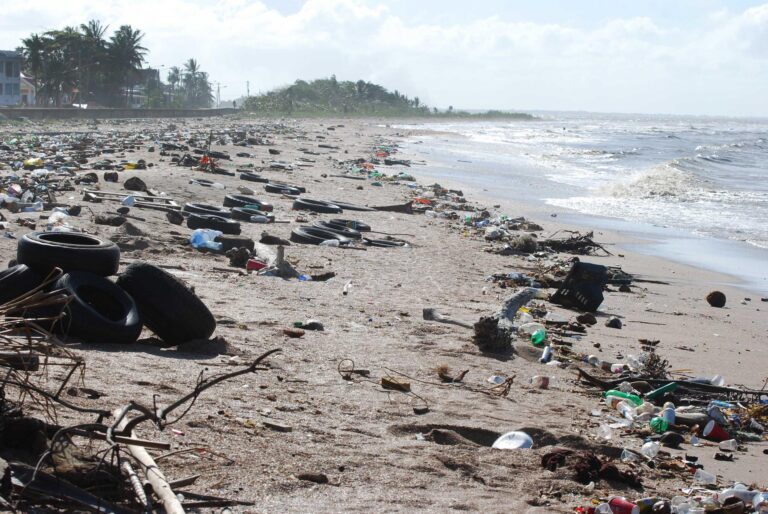Add to favorites:
Share:
Project results are expected to contribute to all of the following expected outcomes:
- Innovative use of AI, in line with the GenAI4Eu initiative[1], and other key EU initiatives like the Apply AI strategy, to generate powerful local impact assessments on top of large-scale scenarios provided by digital twins demonstrated with fusion of real time data feeds, triggering available services and visualisations.
- Novel interfaces that translate the non-technical requirements of the users into concrete scenario assessments tailored for local needs.
- New best practices and guidelines on impact assessment of digital twin simulation and AI powered analysis are established.
Informed decision-making involves an increasing number of data sources, including high quality data from research infrastructures, and simulations. While the concept of Digital Twins in Earth Systems promises an increased interactivity for users to run various future impact scenarios, the complexity of such setups is challenging. Initiatives like Destination Earth (DestinE) have shown to generate massive data amounts that cannot be easily moved and therefore need to be processed on the RIs where they reside. AI solutions can help with complex data management activities but also benefit from the available data and compute resources, and combine them efficiently with required simulation services.
The proposals should cover all of the following aspects:
- Demonstrate the innovative use of AI, in line with the GenAI4EU initiative and other key EU initiatives, like the Apply AI strategy, to setup and manage impact assessments assisted by simulation activities across RIs. They should ensure efficient selection of data and modelling resources and transparency for the consequent decision-making.
- Exploit the rapid advances in modelling, observations, digital technologies and ML/AI, ensuring that European leadership in this field is maintained;
- Link to existing DestinE Digital Twins and services to cover unexplored areas/domains and explore joining the overall DestinE ecosystem and service offering, addressing Union priorities and evolving end-user needs and create multi-disciplinary, horizontal, transversal infrastructure solutions to handle diverse end-to-end workflows spanning various areas.
- Allow for more informed decision-making by non-technical experts and policy makers through assistance of generative AI models enabling user requirements analysis and narrowing down vast amounts of data and information into actionable and understandable scenarios.
- Demonstrate trustworthiness/reliability in the use of AI and practice clear and open communication of AI use and impact to users.
Additionally, the proposals should also include work on some of the following points:
- Evolve further through science & technology innovation using AI, provide novel digital solutions and capabilities at operational level and accelerate science-technology synergies to achieve breakthroughs in the area of AI-powered Earth system science;
- Invest on the design of a robust development framework and respective pre-operational infrastructure for advanced AI/ML tools and applications, ensuring the quality, reliability, transparency and verifiability (repeatability) of the methods applied and outcomes that are created;
- Expand to new thematic areas and fields based on identified user needs and structured feedback provided by relevant stakeholders and communities.
Proposals are expected to cover various application areas and cover at least three distinct user groups and their impact assessments. The solutions need to demonstrate a sustainable setup answering day-to-day challenges but also be suitable for continuous long-term research. They should demonstrate how the compute capabilities and data on RIs can be made directly usable to users through interactivity with twins, adapting to changing data and on-demand visualisation capabilities.
Proposals should take advantage of the opportunities and developments offered by existing Horizon Europe research and innovation actions (RIA) and innovation actions (IA) developing new simulation and observation capabilities, new and emerging ICT infrastructures (e.g. EuroHPC, AI-on-Demand platform), HPC Centers of Competence and Excellence (such as ESiWACE for weather and climate prediction and ChEESE for solid Earth applications) and the work towards the European Digital Twin of the Ocean. The proposals should demonstrate a clear and credible pathway towards collaboration with the implementing entities of Destination Earth initiative (European Space Agency (ESA), European Centre for Medium-Range Weather Forecasts (ECMWF) and European Organisation for the Exploitation of Meteorological Satellites (EUMETSAT)) and, when relevant, other key organisations in the field (e.g. Mercator Ocean).
[1] This call falls under the ‘GenAI4EU' initiative as in the Communication from the Commission to the European Parliament, the Council, the European Economic And Social Committee and the Committee of the Regions on boosting startups and innovation in trustworthy artificial intelligence ((COM(2024) 28 final of 24.1.2024).
Expected Outcome
Project results are expected to contribute to all of the following expected outcomes:
- Innovative use of AI, in line with the GenAI4Eu initiative[1], and other key EU initiatives like the Apply AI strategy, to generate powerful local impact assessments on top of large-scale scenarios provided by digital twins demonstrated with fusion of real time data feeds, triggering available services and visualisations.
- Novel interfaces that translate the non-technical requirements of the users into concrete scenario assessments tailored for local needs.
- New best practices and guidelines on impact assessment of digital twin simulation and AI powered analysis are established.
Scope
Informed decision-making involves an increasing number of data sources, including high quality data from research infrastructures, and simulations. While the concept of Digital Twins in Earth Systems promises an increased interactivity for users to run various future impact scenarios, the complexity of such setups is challenging. Initiatives like Destination Earth (DestinE) have shown to generate massive data amounts that cannot be easily moved and therefore need to be processed on the RIs where they reside. AI solutions can help with complex data management activities but also benefit from the available data and compute resources, and combine them efficiently with required simulation services.
The proposals should cover all of the following aspects:
- Demonstrate the innovative use of AI, in line with the GenAI4EU initiative and other key EU initiatives, like the Apply AI strategy, to setup and manage impact assessments assisted by simulation activities across RIs. They should ensure efficient selection of data and modelling resources and transparency for the consequent decision-making.
- Exploit the rapid advances in modelling, observations, digital technologies and ML/AI, ensuring that European leadership in this field is maintained;
- Link to existing DestinE Digital Twins and services to cover unexplored areas/domains and explore joining the overall DestinE ecosystem and service offering, addressing Union priorities and evolving end-user needs and create multi-disciplinary, horizontal, transversal infrastructure solutions to handle diverse end-to-end workflows spanning various areas.
- Allow for more informed decision-making by non-technical experts and policy makers through assistance of generative AI models enabling user requirements analysis and narrowing down vast amounts of data and information into actionable and understandable scenarios.
- Demonstrate trustworthiness/reliability in the use of AI and practice clear and open communication of AI use and impact to users.
Additionally, the proposals should also include work on some of the following points:
- Evolve further through science & technology innovation using AI, provide novel digital solutions and capabilities at operational level and accelerate science-technology synergies to achieve breakthroughs in the area of AI-powered Earth system science;
- Invest on the design of a robust development framework and respective pre-operational infrastructure for advanced AI/ML tools and applications, ensuring the quality, reliability, transparency and verifiability (repeatability) of the methods applied and outcomes that are created;
- Expand to new thematic areas and fields based on identified user needs and structured feedback provided by relevant stakeholders and communities.
Proposals are expected to cover various application areas and cover at least three distinct user groups and their impact assessments. The solutions need to demonstrate a sustainable setup answering day-to-day challenges but also be suitable for continuous long-term research. They should demonstrate how the compute capabilities and data on RIs can be made directly usable to users through interactivity with twins, adapting to changing data and on-demand visualisation capabilities.
Proposals should take advantage of the opportunities and developments offered by existing Horizon Europe research and innovation actions (RIA) and innovation actions (IA) developing new simulation and observation capabilities, new and emerging ICT infrastructures (e.g. EuroHPC, AI-on-Demand platform), HPC Centers of Competence and Excellence (such as ESiWACE for weather and climate prediction and ChEESE for solid Earth applications) and the work towards the European Digital Twin of the Ocean. The proposals should demonstrate a clear and credible pathway towards collaboration with the implementing entities of Destination Earth initiative (European Space Agency (ESA), European Centre for Medium-Range Weather Forecasts (ECMWF) and European Organisation for the Exploitation of Meteorological Satellites (EUMETSAT)) and, when relevant, other key organisations in the field (e.g. Mercator Ocean).
[1] This call falls under the ‘GenAI4EU' initiative as in the Communication from the Commission to the European Parliament, the Council, the European Economic And Social Committee and the Committee of the Regions on boosting startups and innovation in trustworthy artificial intelligence ((COM(2024) 28 final of 24.1.2024).
Partner Requests
Explore Real Collaboration Opportunities
🔍 As a logged-in member, you now have exclusive access to all active Partner Requests for this Funding Call.
See who’s looking for collaborators, explore exciting project ideas, and discover how others are planning to make an impact.
💡 Use these insights to get inspired—or take the next step and start a request of your own (3 entries for free).
Log in or registrate here for free.
You must be logged in to submit or manage a partner request.
Ask our experts about this call
Connect with the Listing Owner!
💬 Please log in now to send a direct message to our experts and ask your questions. Not a member yet? Sign up for free and start connecting today!
Related Funding and Finance Opportunities
Unlock Exclusive Funding Opportunities!
🔑 Get instant access to tailored funding opportunities that perfectly match your needs. This powerful feature is exclusively available to our premium members—helping you save time, stay ahead of the competition, and secure the right funding faster.
Upgrade to Premium now and never miss an important opportunity again! Already a premium member? Log in here to explore your matches.
Related Innovation Offers
Related Knowledgebase Resources
Discover More with Premium: Related Knowledge Resources
🔒 You’re missing out on expert-curated knowledge specifically matched to this topic. As a Premium member, you gain exclusive access to in-depth articles, guides, and insights that help you make smarter decisions, faster.
Whether you’re preparing a funding proposal, researching a new market, or just need reliable information—our Premium knowledge matches save you hours of research and point you directly to what matters.
Upgrade to Premium now and instantly unlock relevant knowledge tailored to your needs! Already a member? Log in here to view your personalized content.









